“We hold our standards pretty high here. We don’t put crap on our stage,” Mr. Quincy Knowles said.
Mr. Knowles is behind every production at Ransom Everglades. If someone needs a microphone, he’s there. For nine years, Mr. Knowles has worked at RE, and he’s overseen everything from a 10,000-gallon pool to a “Cinderella” horse and carriage. Behind the scenes, where sets are built and lights are cued, is where you’ll find him.
I spent roughly three hours with Mr. Knowles on a Wednesday morning last semester while he prepared for RE’s commencement for the seniors. During our conversation, which has been edited for length and clarity, Mr. Knowles revealed the challenges of theater and tech, the classes he teaches, and some theater lore. An asterisk (*) indicates when Mr. Knowles was moving around—which was a lot. I followed Mr. Knowles up to the tech booth and down the catwalk during our interview, which puts some questions in context. Welcome to the theater.
What’s the coolest theater lore?
Ooh. Okay so, you can’t whistle in the theater. Long time ago, sailors were the flymen. So, they would be up in the flys and they would communicate with each other by whistling. One would whistle and the other would drop the rope or move a piece of scenery up or down. So, if you whistle, the ghosts of the dead sailors will drop something on your head. Don’t whistle in the theater!
What are you in charge of?
My job here is Performing Arts Facilities Technical Director. I am in charge of the performing arts facilities on both campuses. So, anything that happens in Swenson Hall, Lewis Auditorium, Posner Lecture Hall, Acting studio, Dance studio, band rooms I have to know about. I work on all the scheduling, of the ins and outs of events as well as rehearsals. I also manage all the AVL systems (audio, video, lighting systems). I maintain them and run them for events. I have a group of wonderful students, who are doing most of the work. They’re led by me and Ms. A. We make sure that everything that happens in these spaces is successful.
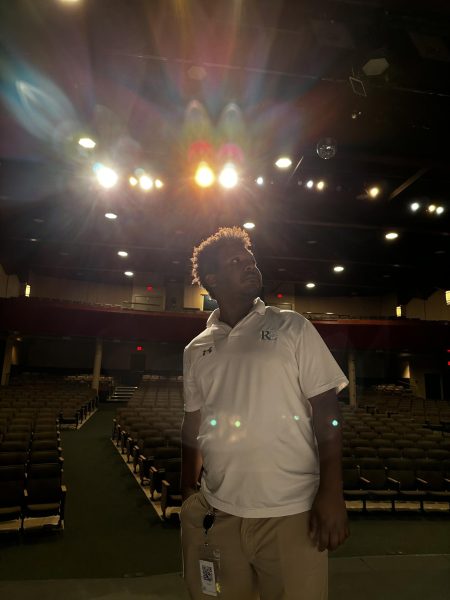
How many events do you have a week?
Upwards of 10-12 events a week, across both campuses.
And you mentioned kids help you?
Yeah, most of the kids that help are in my classes. I teach Stage Production and Design 1 and 2. I do have a couple that don’t take them, but just come with their friends, they learn everything and start helping out. That’s always wonderful and rewarding as well.
The majority of the stage crew have taken the class at some point. They learn how to do things in the class, and then they continue on and help out. There’s only two years of the course, so after that students usually just come back around and say, hey, I want to work this show. And if you have the skill set, we let you.
Do you build your own curriculum?
Yes. When I arrived here, I didn’t have one, so I had to make the entire curriculum.
*As we walked to the tech booth Mr. Knowles showed me his classes’ recent projects. Including a module of building food props.*
I change the projects every year. Just for fun and to keep it relevant. Obviously, they learn how to run everything in the theater. So, they learn how to use the audio console, lighting console, how to use the fly system properly and safely.
*We arrived in the tech booth*
Did you put that note there?
*On top of the audio console, a note read: I KINDLY ASK THAT YOU PLEASE STOP TOUCHING THIS F****** BOARD!!!!*
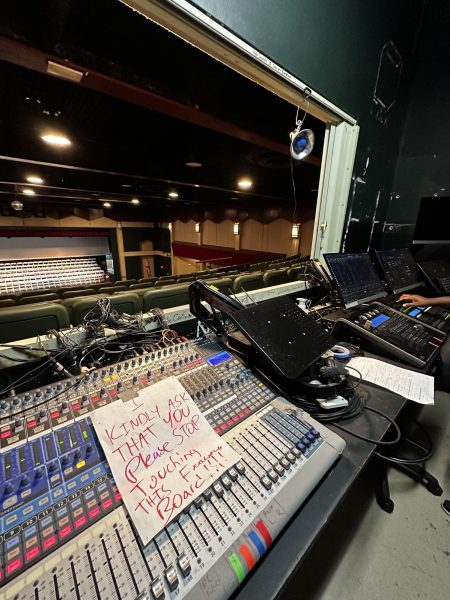
Yes (he laughed) people kept messing with things. It was really getting annoying. Somebody was messing with the console, and they would turn things off or move knobs and I didn’t know who was doing it. So, I wrote that little note, just to say please stop touching it. It was making my job a lot harder. Because when that happens, because the system is so old my intial thought is something on the third floor or stage is broken. One time, assembly was about to start and I’m running through the building trying to figure out the problem and the problem was somebody had just touched the board.
What does a regular day look like for you?
Well, I support all the events that are happening during the school day, those are usually lighter events, [they] require only a microphone and a laptop – like assemblies.
On a Tuesday we’ll have: Assembly in the morning, then during the lunch block we’ll have another set of events on a different area on campus. Then I’ll typically have class in the afternoon. Then once the afternoon hits, I typically start getting ready for the evening events. Usually, the evening events require a little bit more. That’s obviously not when we’re set building. Those events will still happen and we’re still building sets for the upcoming musical or play. I’m usually here around 7:20 in the morning, sometimes a little earlier. Maybe grab a little bit of breakfast, and then hit the ground running. 7:30 AM to 9 PM is a typical day for me.
I had two major productions recently happen on the same day. We had this Major Works concert on the [upper school campus] stage and TEDx [at the middle school campus]. Both require a ridiculous amount of production and I just had to run back and forth, managing both. That was fun! Not really – it was very stressful.
What was the most recent production that was challenging?
Each one brings its own set of challenges. This year-Cinderella. Maybe the set wasn’t as massive but it brought a whole slew of challenges with scheduling. You know, we’ll have an event at 9:42 AM and then once that event is over at 10:15 AM we can start set building again, but we’ll have another event or class at 12:10 PM, so we have to stop. I would say every one of our shows is a major challenge mainly because of scheduling. This school does a tremendous amount [of events]. For Cinderella, what also presented a whole set of challenges was our wonderful stage designer who wanted to put glitter everywhere.
We had some pretty interesting challenges. We needed a horse for this show. Of course, we purchased a life size, anatomically correct horse. We also had it moving on and off the stage throughout the entire show. The pumpkin carriage turned out amazing but took a long time. Each of those things took two and half weeks, and that’s multiple people working on it. The technical theater crew, they really step it up and make things better and better every year, these kids are amazing.
Is the theater and tech taxing?
Everything that you do in here for theater, for tech, it requires a significant amount of labor. This is a passion for me, it’s a passion for Ms. A. It’s a passion for the students that are in this program. There’s a lot of man hours and after school hours, it’s not like we can get it all done in one class period. These kids come for the 80-minute class period, and they also show up after school. Even after all of that, we’re still not done. And there’s no other way to really do it. We hold our standards pretty high here. We don’t put crap on our stage.
What was the best show you’ve done at RE?
Content wise, the most boring show that we did was Metamorphosis, but the set design and what we were able to accomplish? Was the best show we’ve done. It was beautiful. We built a 10,000-gallon pool. Fully functioning with pool pumps, chlorine, a pool heater. It was lined in one-inch-thick plexiglass, which was crazy heavy. And then, we put lights behind the pool so the whole thing could glow all kinds of different colors. It was the most beautiful set I’ve ever seen on this stage.
Have you ever wanted to quit?
Yes, yes, multiple times. Things have gotten very challenging. I’ve been here for 9 years and there’s been multiple times where I’m like, “Oh my gosh, I think it’s time for me.” This school requires a lot of its students and of its teachers because we’re creating greatness, period. End of sentence. To create that greatness requires a ridiculous amount of your time. There are times where I don’t see my wife for days. I’ll kiss her in the morning and when I’m going to sleep at night. And so, there have been times where I’m just like, “you know what? Forget this.” But then these kids show up (Mr. Knowles smiled). And they just want to do more, want to be better. So, I say, “Let’s do it again. Let’s keep going.”


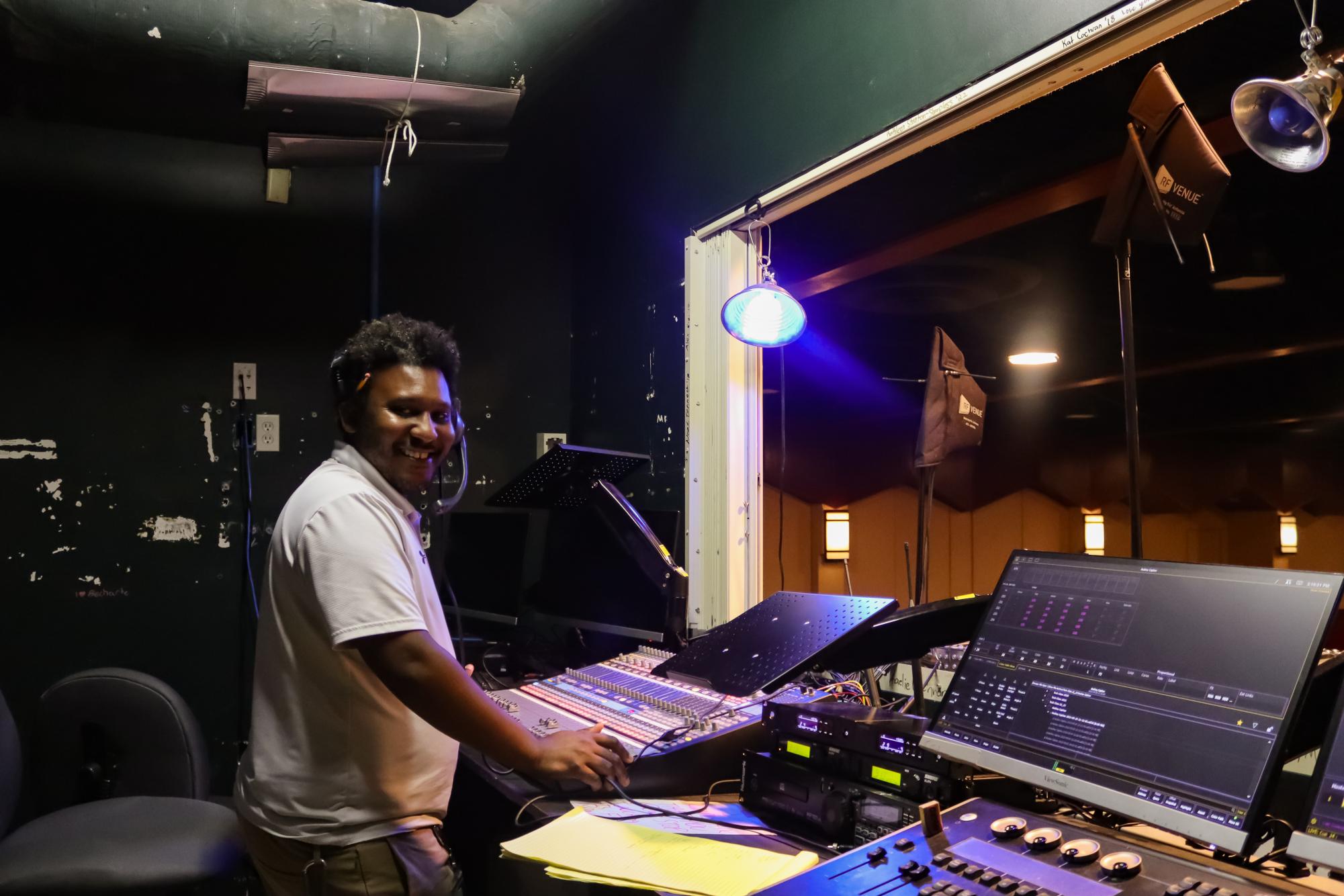
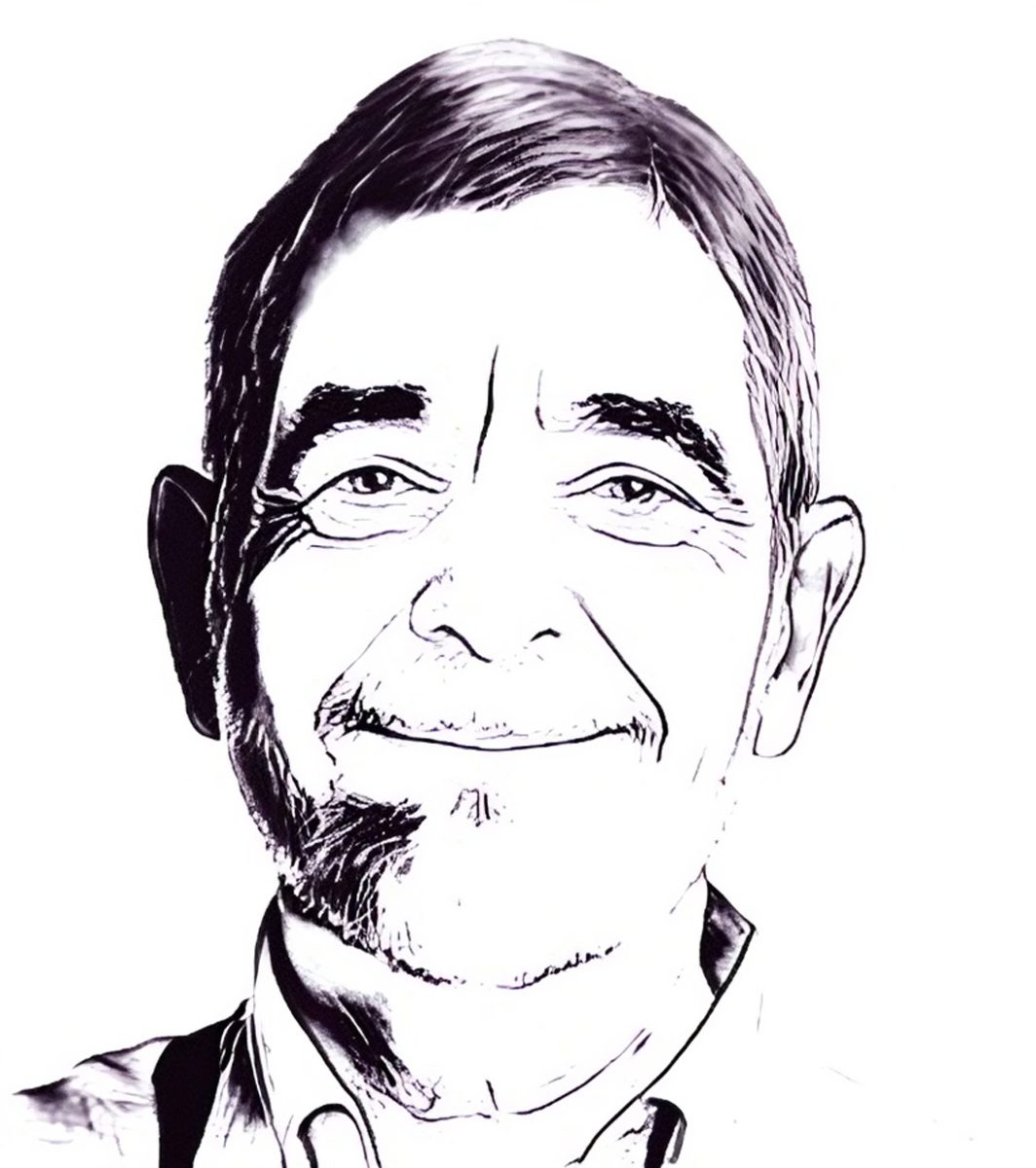
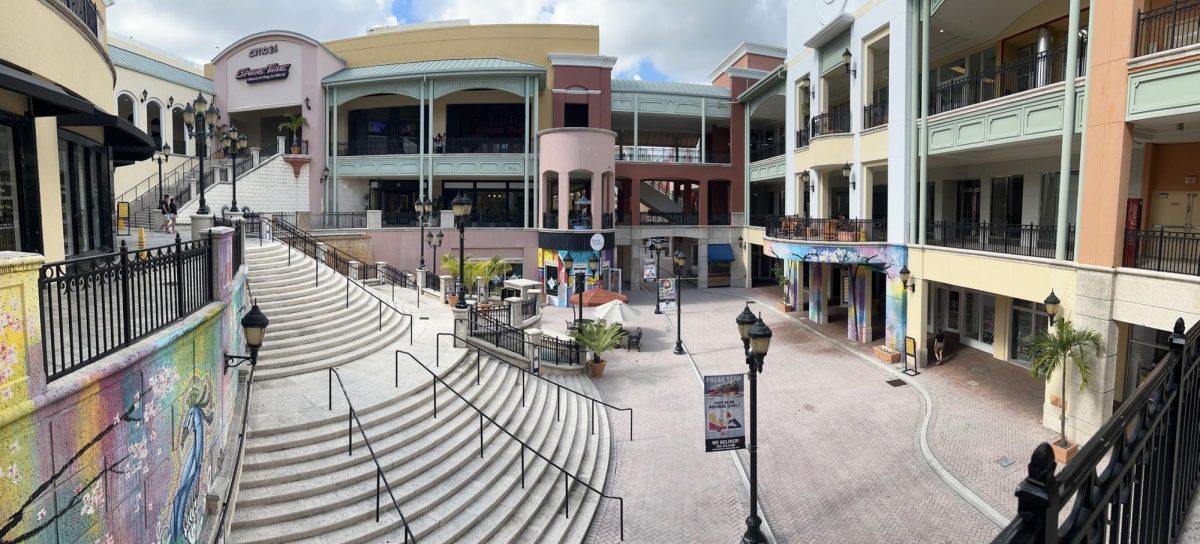
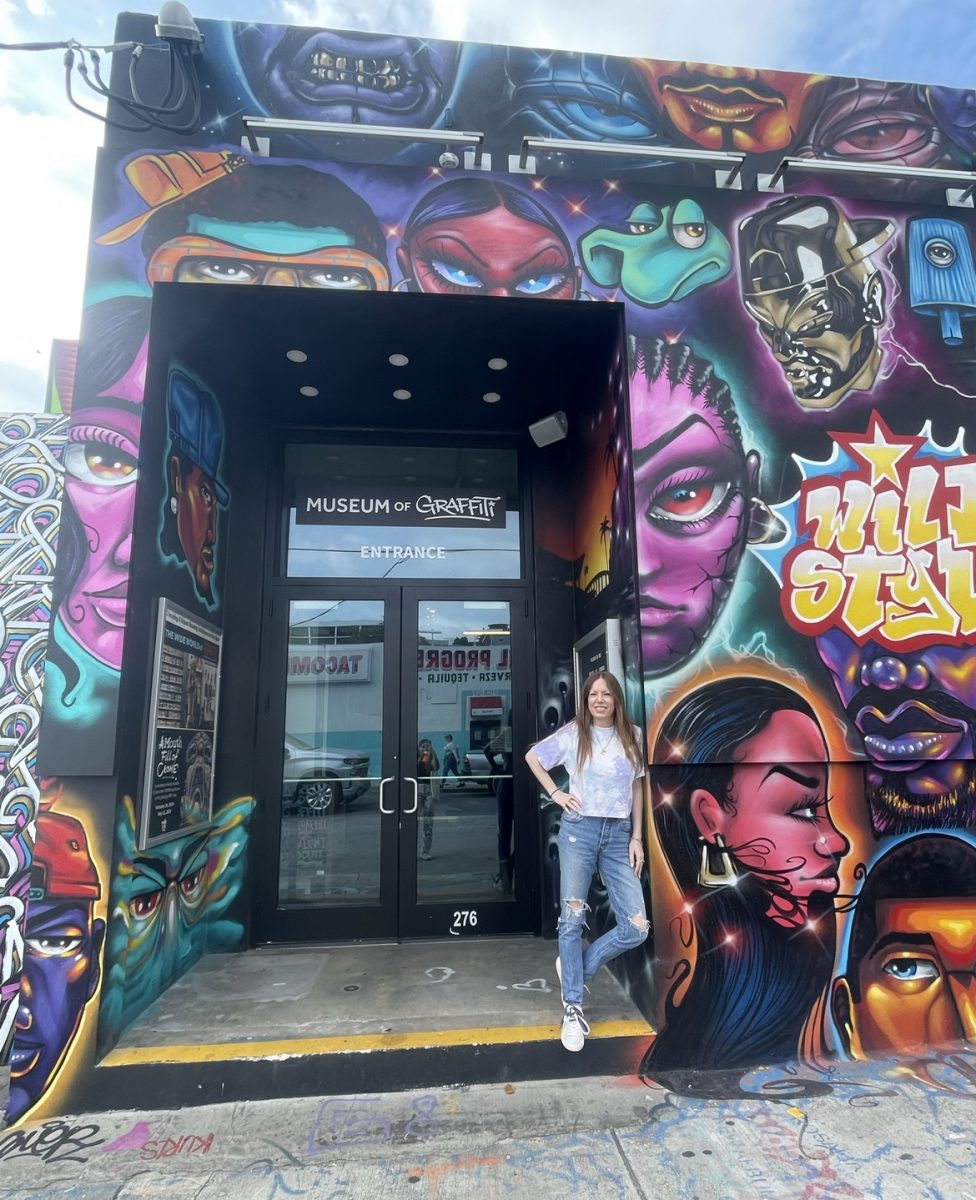
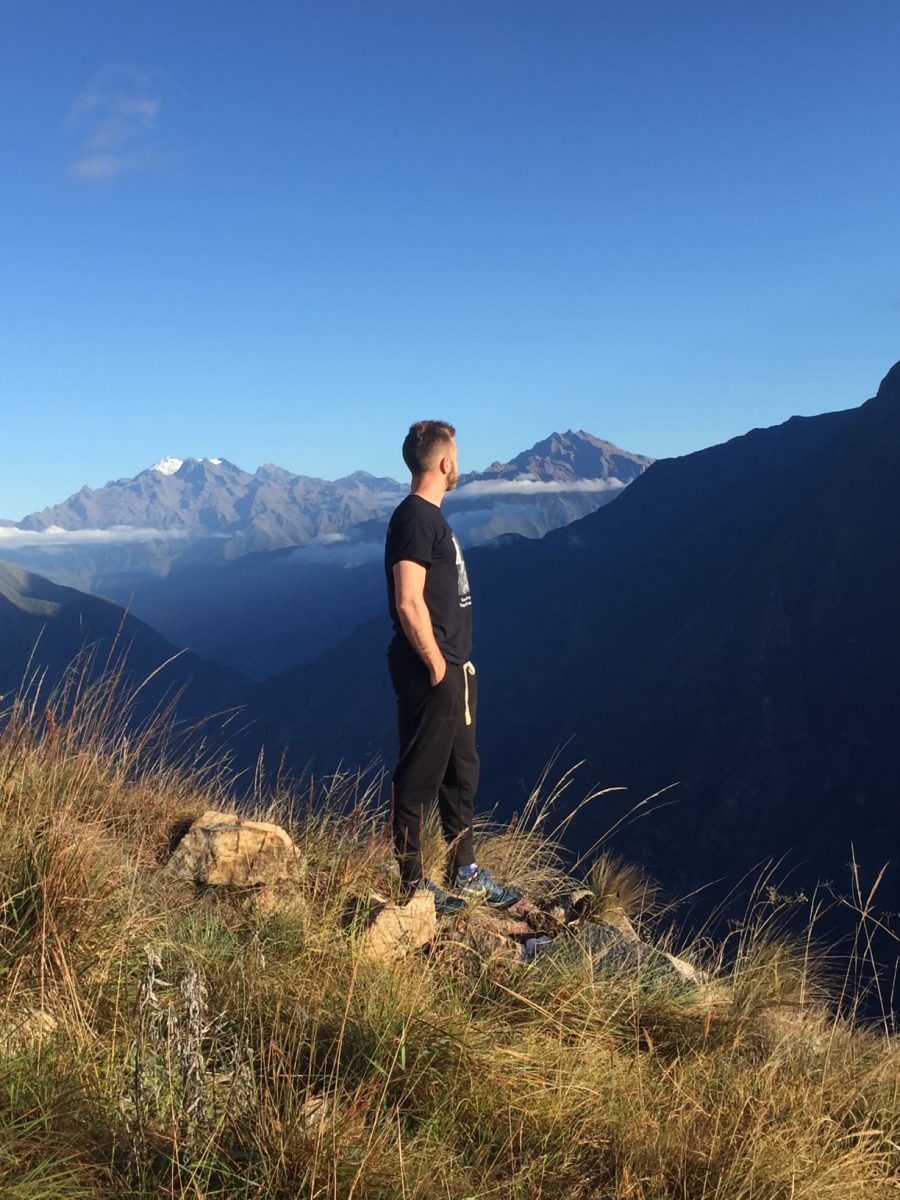
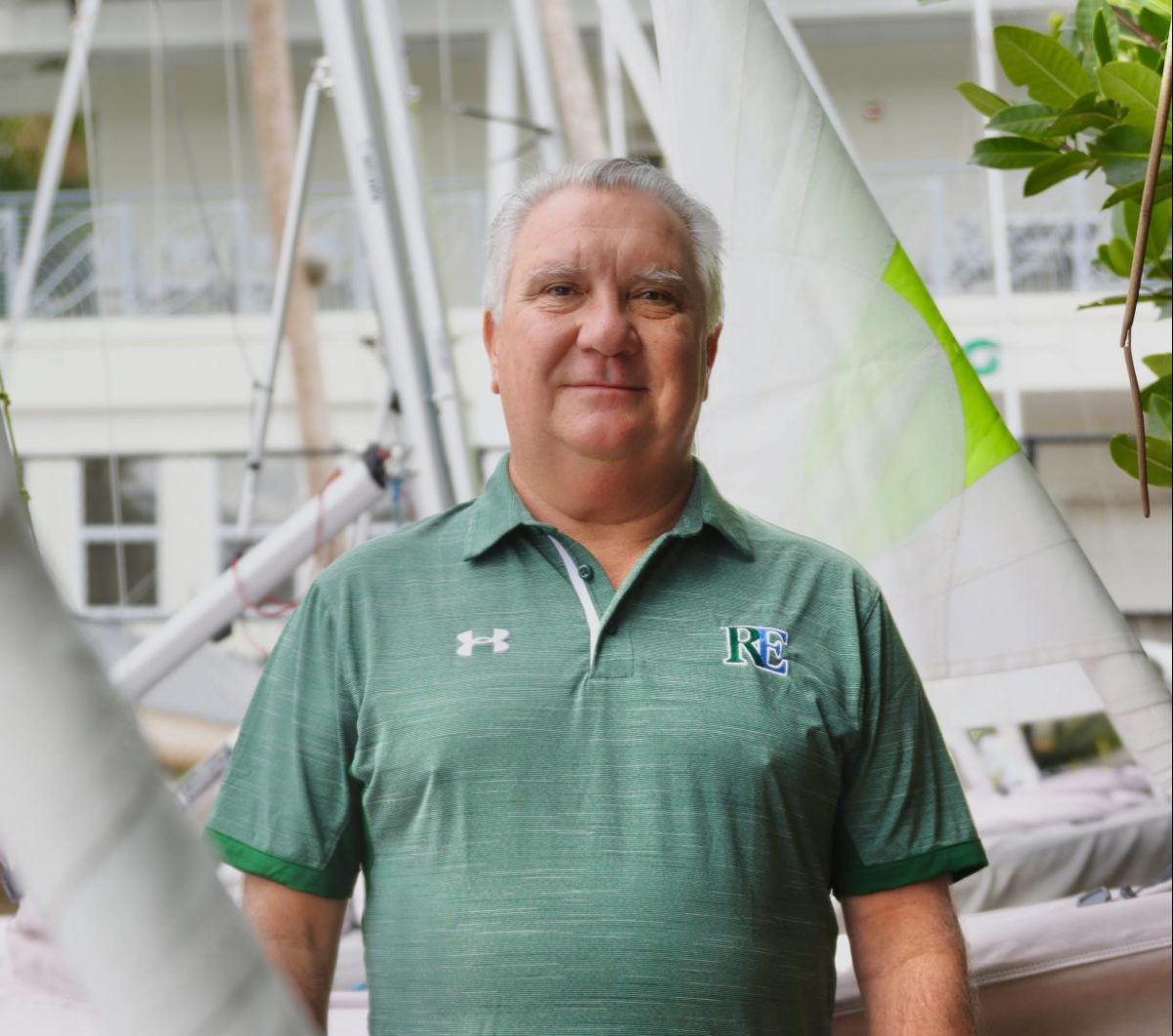
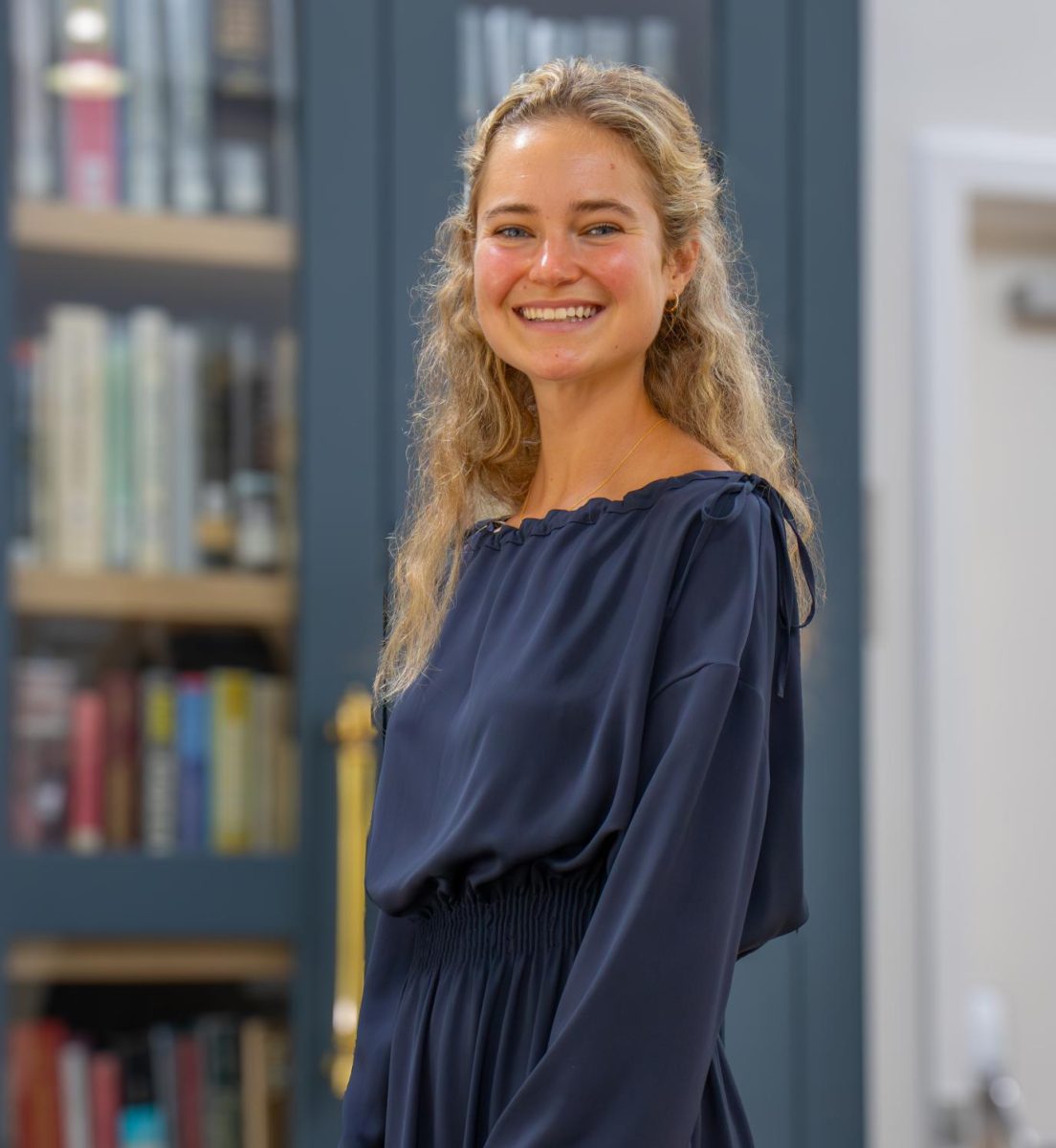
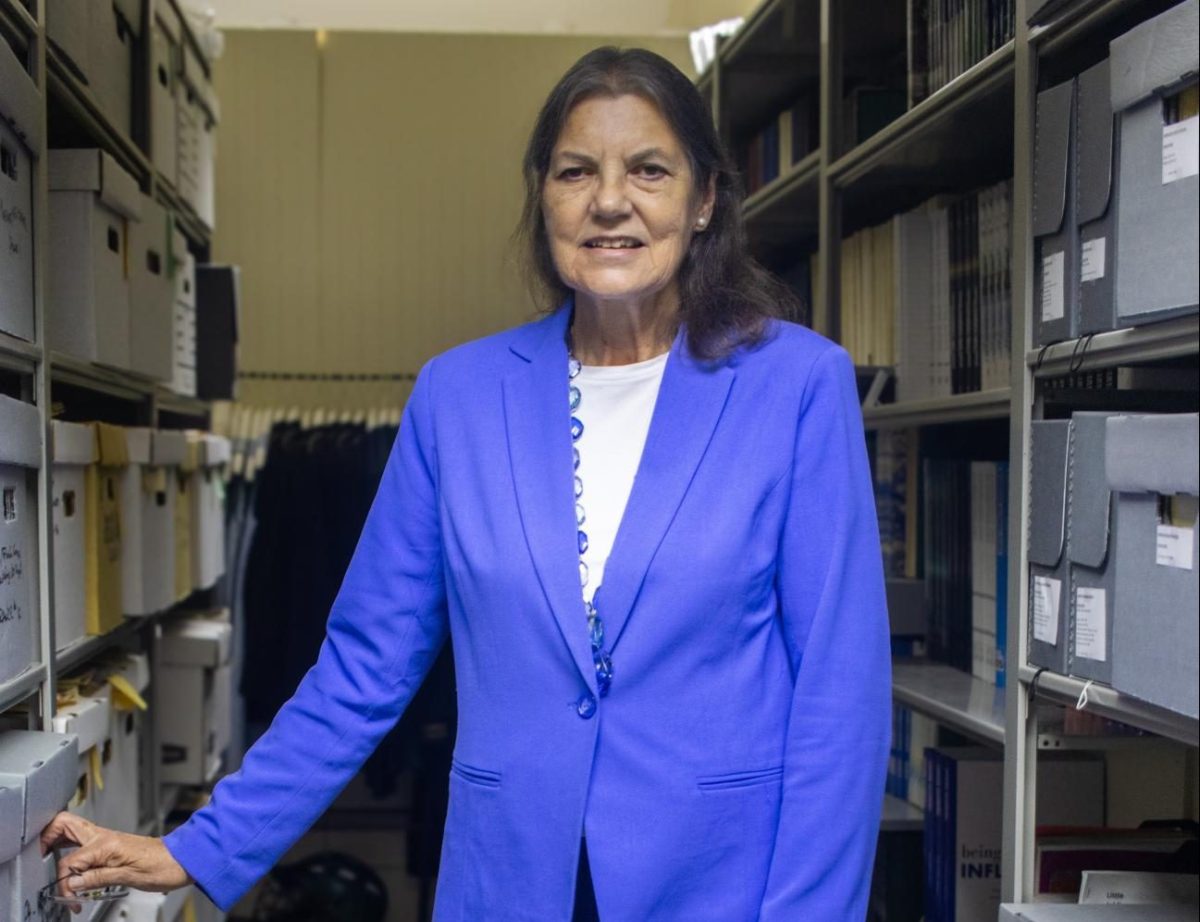
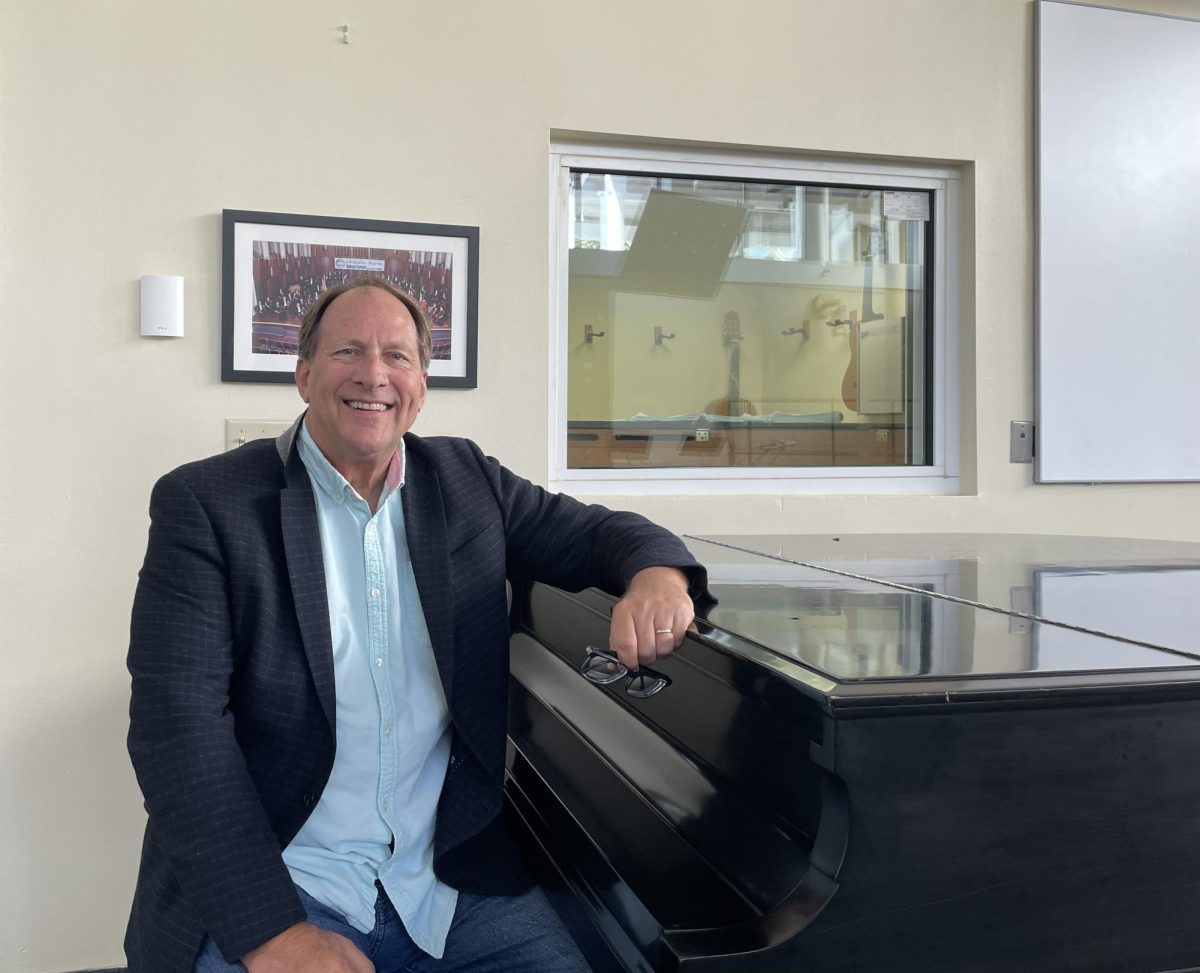
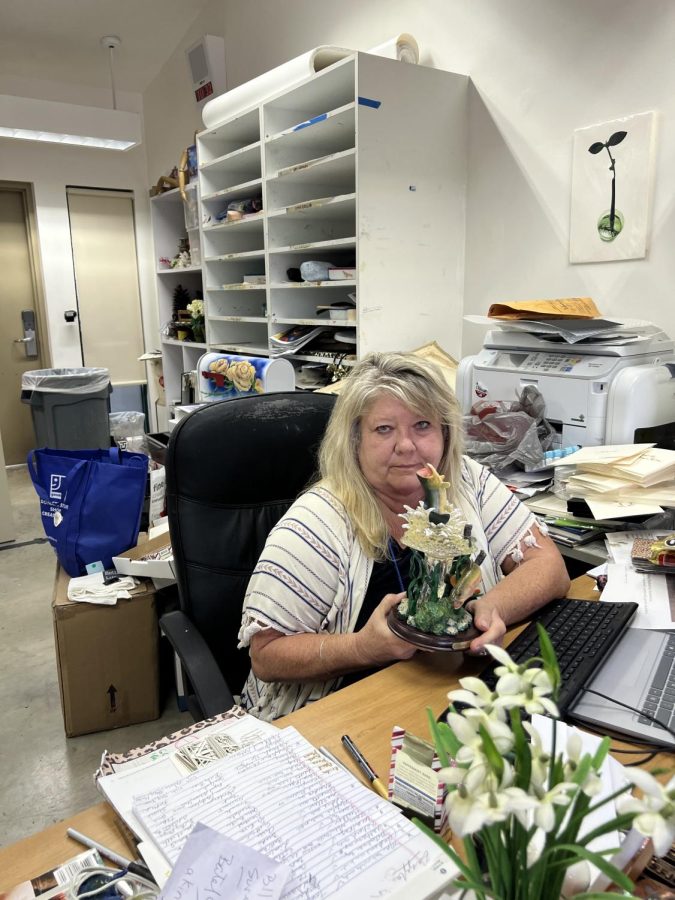
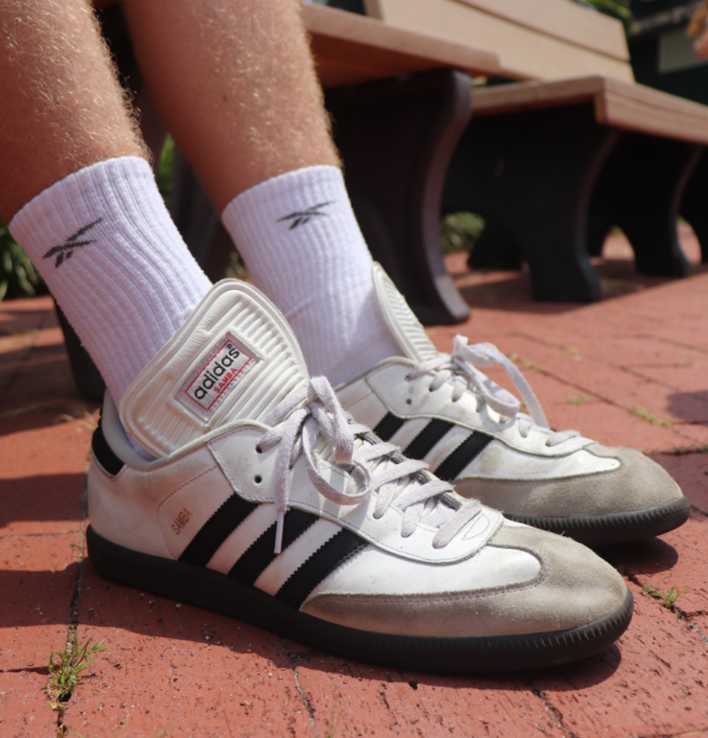
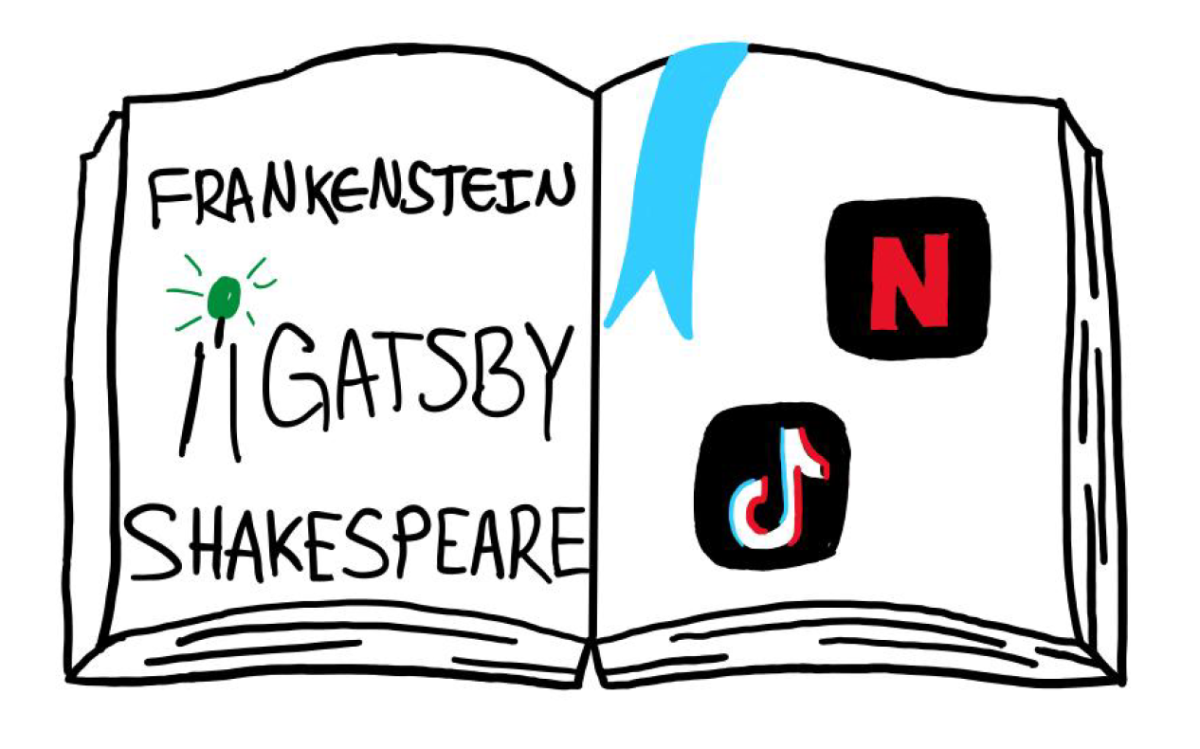
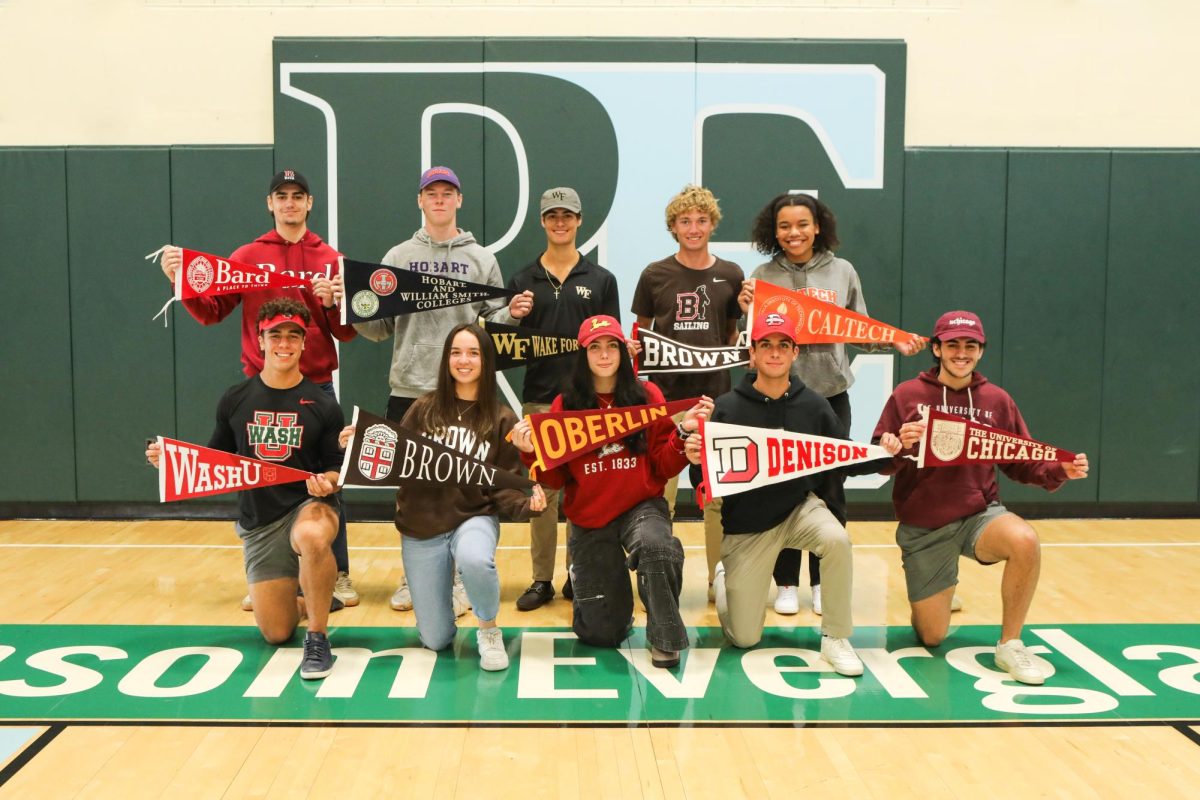
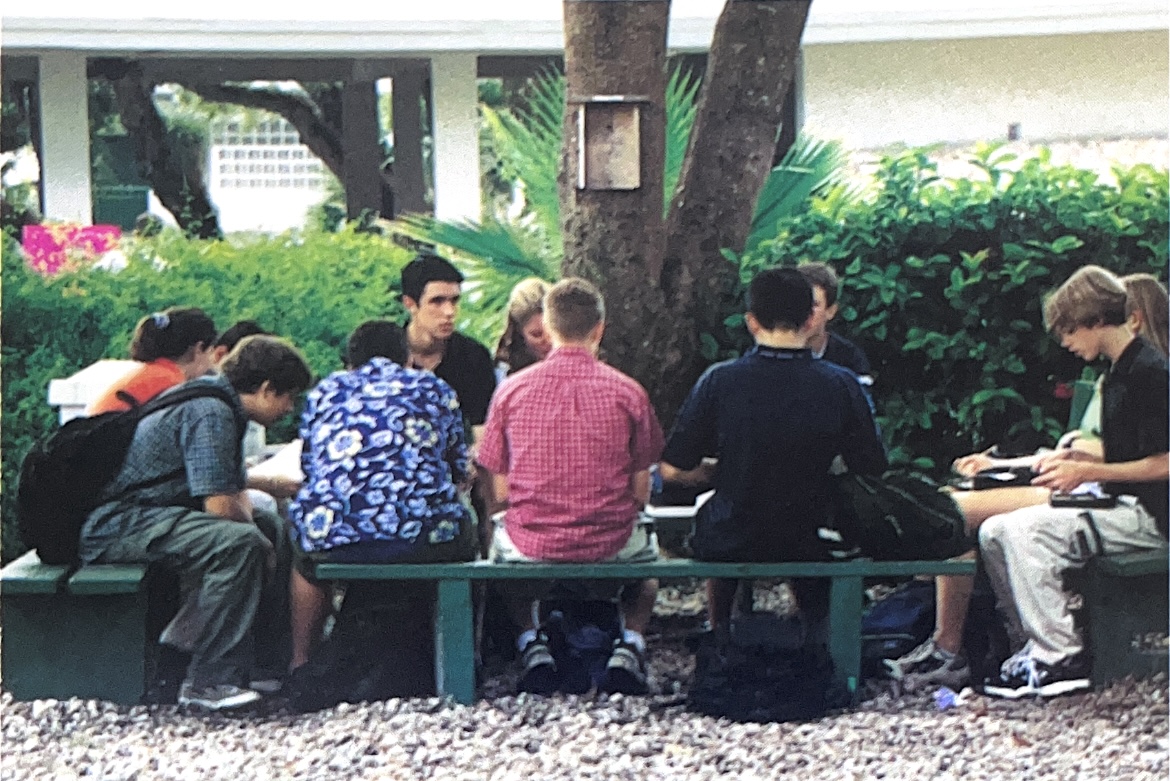

![Leyla Amjad '26: "Being Muslim, it's just really hard to find people who relate to you when they don't share [your] experiences."](https://recatalyst.org/wp-content/uploads/2024/02/IMG_9831-1200x780.jpg)